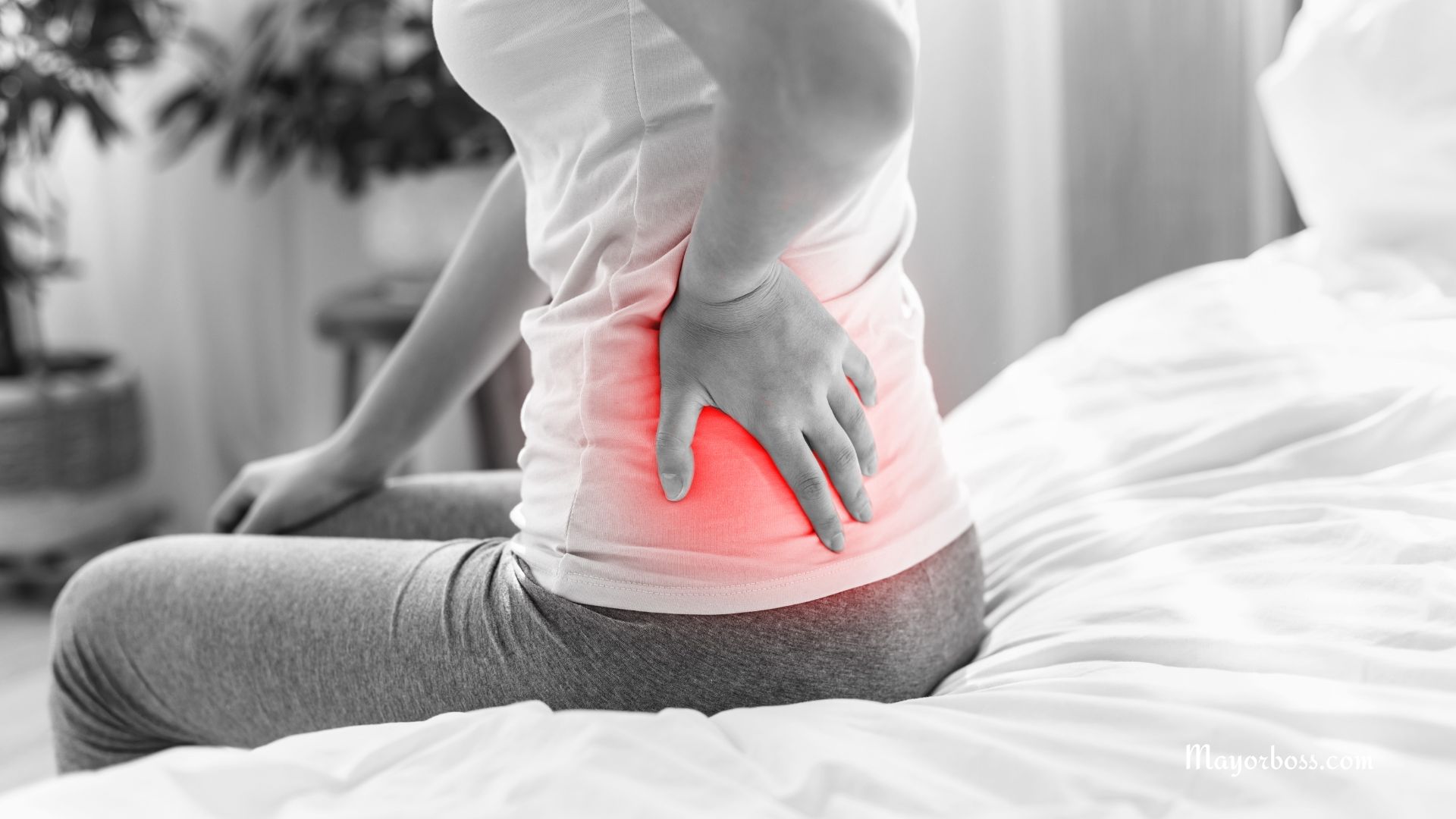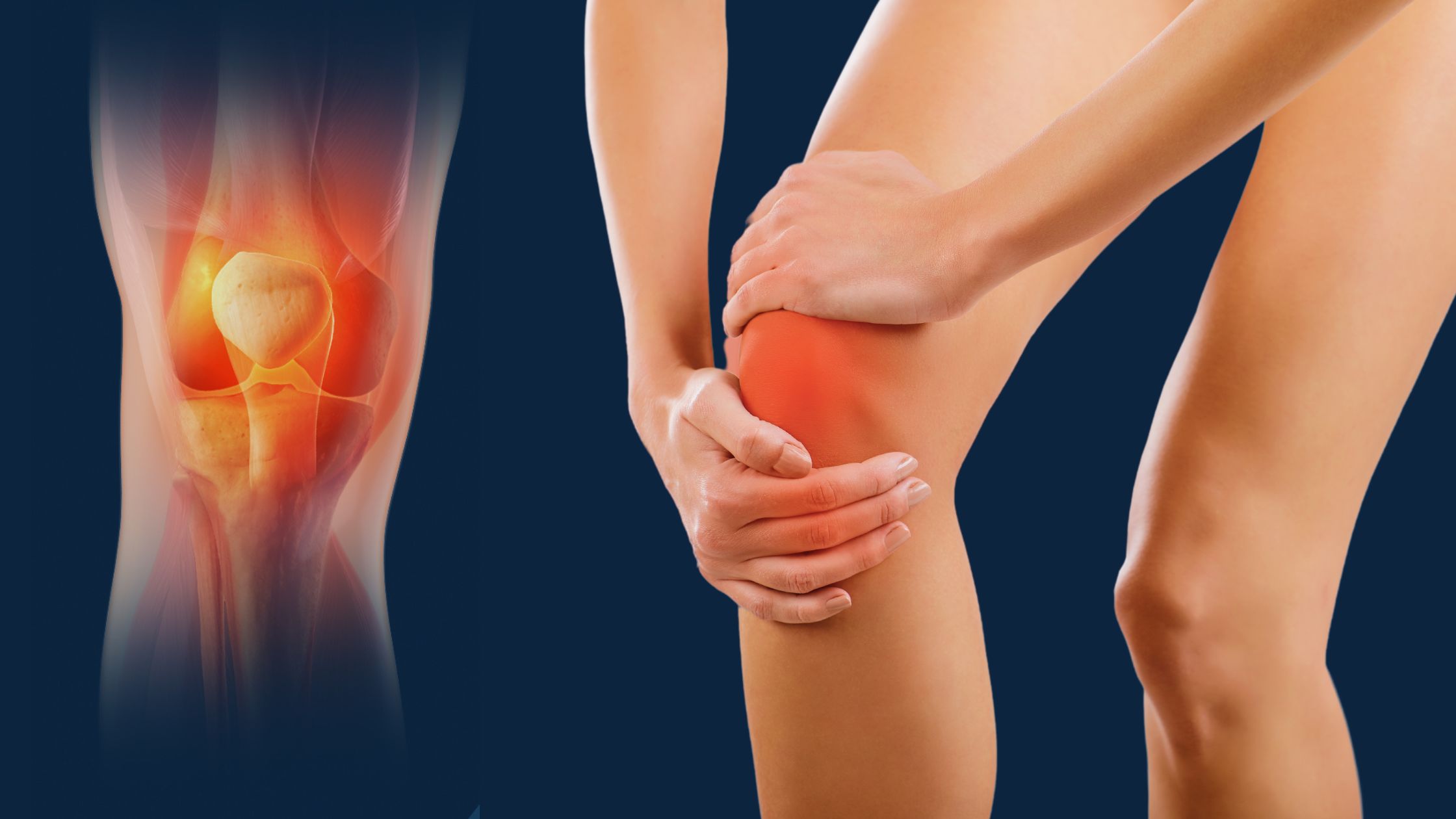Seven Early Signs That Your Kidneys Are Unhealthy

Your kidneys play a crucial role in keeping your body healthy. They work like filters that remove waste, extra fluids, and toxins from your blood. But sometimes, these hard-working organs start to have trouble, and your body gives you signals. Anyone who notices the following symptoms should see a doctor because kidney disease, like most diseases, should be treated as early as possible to avoid kidney failure. The key is to notice these signs early to prevent further complications. Please continue reading to learn the seven signs that may mean your kidneys aren’t doing well.
Feeling Tired All the Time Could Be a Warning Sign
One of the biggest signs of unhealthy kidneys is feeling tired all the time. When your kidneys aren’t working properly, waste can build up in your blood. This makes it harder for your body to get enough oxygen. Plus, your kidneys make a hormone called erythropoietin, which helps your body produce red blood cells. If your kidneys aren’t making enough of this hormone, you might not have enough red blood cells, which means less oxygen and feeling tired all the time. If you’re constantly feeling tired, it might be a good idea to talk to your doctor.
Swollen Feet, Ankles, or Hands Might Indicate Kidney Trouble
Your kidneys help keep the right amount of fluids in your body. When they aren’t working well, extra fluid can start to build up, especially in your lower body. This can cause swelling, called edema, which often starts in your feet, ankles, or even your hands. You might notice that your socks leave deep marks or your shoes feel tighter than usual. This could mean that your kidneys are having trouble getting rid of extra fluid.
Experiencing Shortness of Breath
Shortness of breath can sometimes be mistaken for heart or lung problems, but it can also be a sign of kidney issues. When your kidneys can’t remove extra fluid, that fluid can build up in your lungs, making it hard to breathe. Also, if your kidneys aren’t working well, you could have anemia, which means less oxygen in your body and feeling out of breath more often.
Changes in Urination Are a Classic Indicator of Kidney Issues
Since your kidneys make urine, any changes in your urination can be an important sign. This could mean needing to go to the bathroom more often, especially at night. You might also see blood in your urine or notice that it is foamy or bubbly. These changes could mean that your kidneys aren’t filtering waste like they should or that there’s a problem inside your kidneys.
Skin That Feels Itchy or Looks Unhealthy Could Be a Sign of Kidney Problems
Your kidneys do more than just filter waste; they also help keep the balance of minerals in your body. If your kidneys aren’t working well, it can cause an imbalance of minerals like calcium and phosphorus. This can make your skin dry and itchy. Sometimes, the itching comes with a rash or a change in your skin texture, which could mean that waste products are building up in your blood.
Muscle Cramps
Muscle cramps, especially in your legs, can happen if your electrolyte levels are not balanced. Healthy kidneys help maintain the right levels of electrolytes like potassium, calcium, and magnesium, which are important for muscle function. If your kidneys aren’t doing their job, these minerals can get out of balance, causing you to have muscle cramps more often.
Puffy Eyes Are Another Common Sign of Kidney Issues
If you notice puffy areas around your eyes that don’t go away, it could mean that your kidneys are leaking protein into your urine. Healthy kidneys are supposed to keep important proteins in your body, but when the kidneys are damaged, protein can be lost. This protein loss can cause puffiness, especially around your eyes, and could be an early sign that your kidneys need help.
What Should You Do If You Notice These Signs?
If you’re having any of these symptoms, it doesn’t always mean you have kidney disease, but they are warning signs that you shouldn’t ignore. It’s important to make an appointment with a doctor who can check your condition using blood and urine tests or other tools.
Keeping your kidneys healthy means listening to your body and taking care of yourself. Eating a healthy diet, drinking enough water, and avoiding too much salt can help your kidneys stay healthy.






